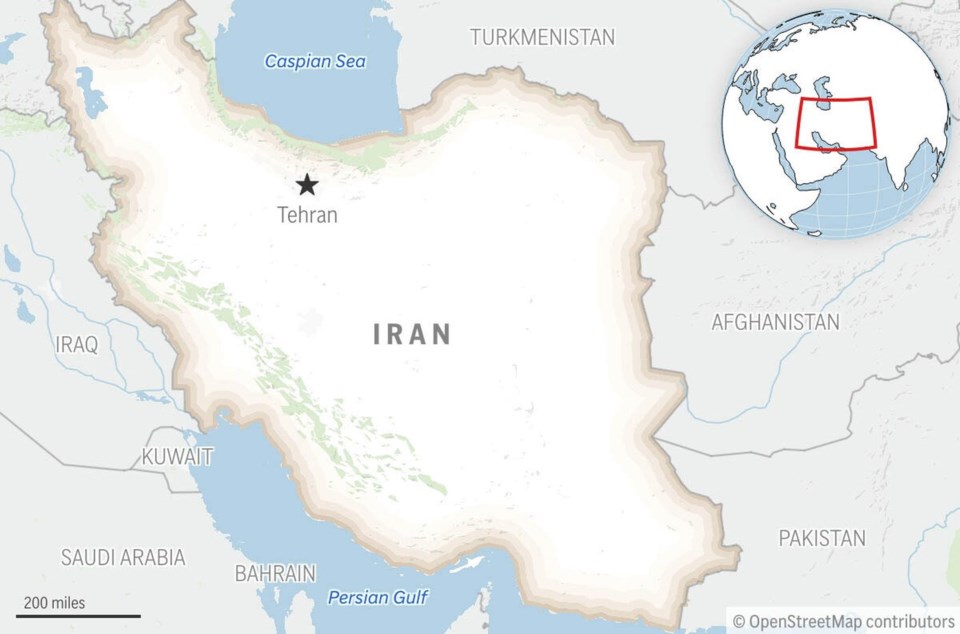Iran announced Tuesday that the United States is preparing to deport hundreds of Iranians in the coming weeks, with the first 120 set to be flown out within days. The deportations, which the U.S. government has not publicly confirmed, come at a moment of heightened strain between Washington and Tehran following American bombings of Iranian nuclear sites in June and the recent reimposition of United Nations sanctions.
Hossein Noushabadi, director-general for parliamentary affairs at Iran’s Foreign Ministry, told state television that as many as 400 Iranians would be returned under the plan, most of them having crossed illegally into the United States from Mexico, while others faced immigration violations. He said the first group would transit through Qatar on their way back to Tehran, though Qatari authorities have yet to confirm those arrangements.
The move marks a striking departure from decades of U.S. practice. Since the 1979 Islamic Revolution, Washington has generally opened its doors to Iranian dissidents, political exiles, and those fleeing religious or sexual persecution. In fact, U.S. Immigration and Customs Enforcement records show that only 20 Iranians were deported in the entire 2024 fiscal year.
Now, under President Donald Trump’s renewed crackdown on illegal immigration, Iranian nationals appear to be among those targeted. The New York Times reported that the deportations are the culmination of months of quiet discussions between Washington and Tehran, despite public statements from Iranian officials that the decision was made unilaterally by the U.S.
Iran has long criticized Washington for hosting dissidents, while U.S. prosecutors have accused Tehran of plotting assassinations against those same exiles on American soil. The deportations highlight a new collision between U.S. immigration policy and longstanding sensitivities about sheltering Iranians opposed to their government.
Foreign Minister Abbas Araghchi acknowledged Tuesday that Iranian officials exchanged messages with the Americans during last week’s U.N. General Assembly in New York, though Supreme Leader Ayatollah Ali Khamenei has dismissed diplomacy with Washington as a “sheer dead end.” President Masoud Pezeshkian also attended the assembly in a failed bid to prevent U.N. sanctions from being restored.
Despite these diplomatic maneuvers, Tehran now faces the imminent return of hundreds of its citizens from the United States, underscoring the deepening political rift between the two countries.

